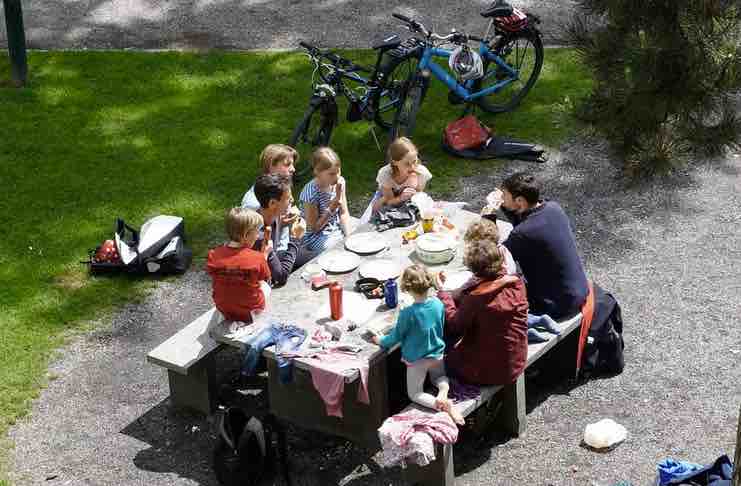According to a national study done on millennial’s by Eventbrite, this generation is more concerned with living a full and happy life than previous generations. Things that make a person feel accomplished have shifted dramatically from career status and possessions to experiences and memories. As a result, many classes and local events are on the rise as companies such as Peek, Cozymeal, and countless others are now offering experience packages to entice millennial’s to open up their wallets. Here are some ways the experience economy is changing how most companies do business.
Responding to Millennial’s
Today, the majority of the spending force that drives the economy lies in the hands of millennial’s, also known as generation Y. Born in the years between 1981-1996, this generation is now at the peak of their earning potential and is estimated to spend a combined $1.4 trillion in 2020. Millennial’s make up the largest consumer population in America right now and businesses that want to thrive and prosper must find ways to earn their business.
Millennial’s are the first generation in America to have grown up with modern technology as an immersive experience. As a result, they expect quick and easy access to information. Not only that, but they want the experience of being a consumer to be fantastic. A whopping 60% of this consumer group is likely to show brand loyalty if they’ve had an exceptional experience. 80% will leave a brand due to a negative experience alone. Because of this, companies are introducing ways to incorporate the desires of this audience into their packages, while placing a huge focus on customer satisfaction.
Experiences Vs. Vacations
When comparing the earnings of generation Y to that of previous generations, Pew Social Trends states that the individual earnings for young workers have stayed mostly flat over the last half a century. What hasn’t stayed flat, however, are things like inflation, cost of goods, and housing costs – all of which have increased dramatically. So while millennial’s aren’t earning less than their elder generations, they have more costs associated with day to day life.
Not only has inflation contributed to millennial’s’ shrinking pocketbooks, but the average debt-to-income ratio has increased in the last several decades as well. Things like a rise in college tuition, higher mortgages, and an increase in consumer credit card debt have contributed to a larger percentage of one’s income going to pay off debt. Simply put, millennial’s just do not have as much disposable income as the baby boomers or generation X did.
This lack of disposable income has made it hard for millennial’s to save up for vacations. As a result, they are turning to local classes and events in order to find experiences to enrich their lives. Whereas 20 or 30 years ago a family might have traveled abroad for a vacation, it’s much more cost-effective these days to travel across town or a few hours away. This has created a unique opportunity for local businesses to shine as they offer their customers more ways to do things instead of just buying things.
Purchasing Experiences
Many small businesses are setting up events within their spaces several times a month and charging admission for entrance as a way to draw the attention of customers. A local health food store may offer cooking classes, for example, and charge a fee for entrance. This is a smart idea with 78% of millennial’s reporting that they would rather spend money purchasing experiences as opposed to purchasing tangible goods. Admissions sales have soared for things like festivals, concerts, and art performances as a result of this desire to experience life to the fullest.
This generation is also driving a change away from materialism, finding out that more stuff doesn’t necessarily equate to more happiness. Many consumers in the millennial generation would rather pass on an expensive car or house so that they could afford to travel for three months abroad, for example. Businesses that want to see their profits continue to grow will have to find creative ways to offer experiences for sale.
No longer willing to be defined by the things they own, millennial’s find more value in being defined by the experiences they have instead. Millennial’s are much more willing to spend money on experiences that will teach them something, give them a new skill, or enrich their lives in some way. This trend is far from over and there’s tremendous growth to be had in the experience economy going forward.
